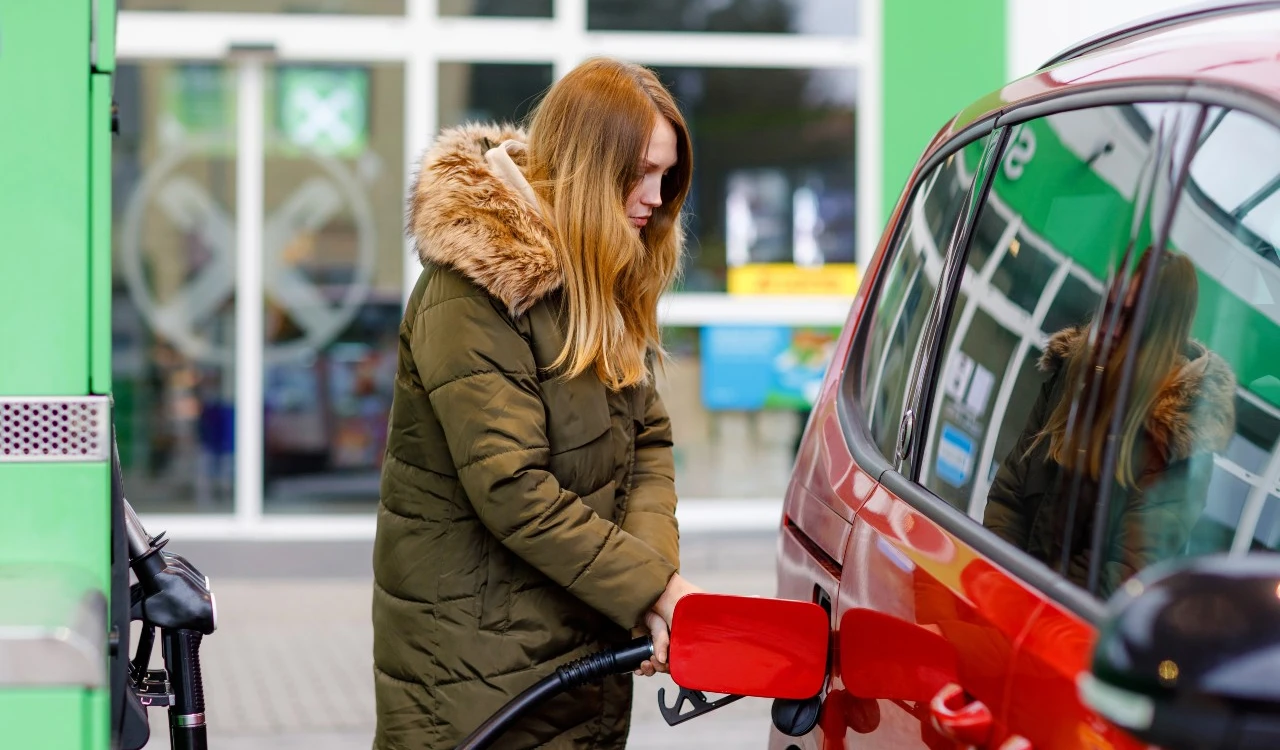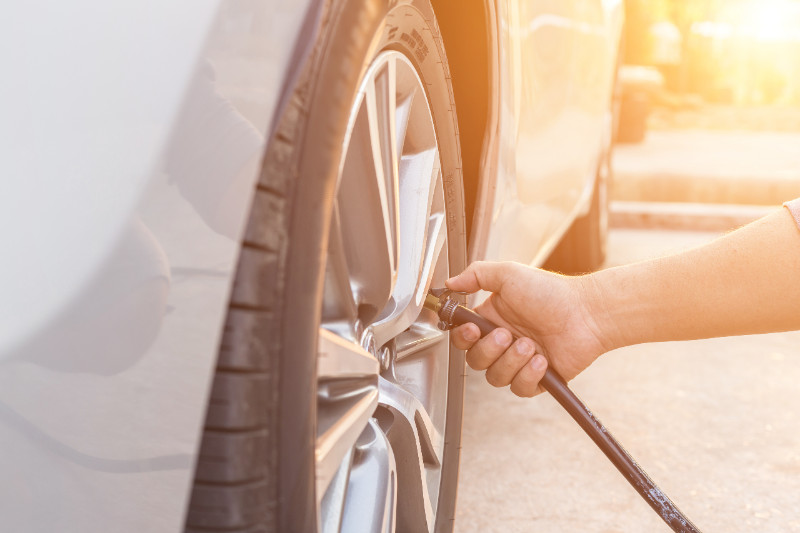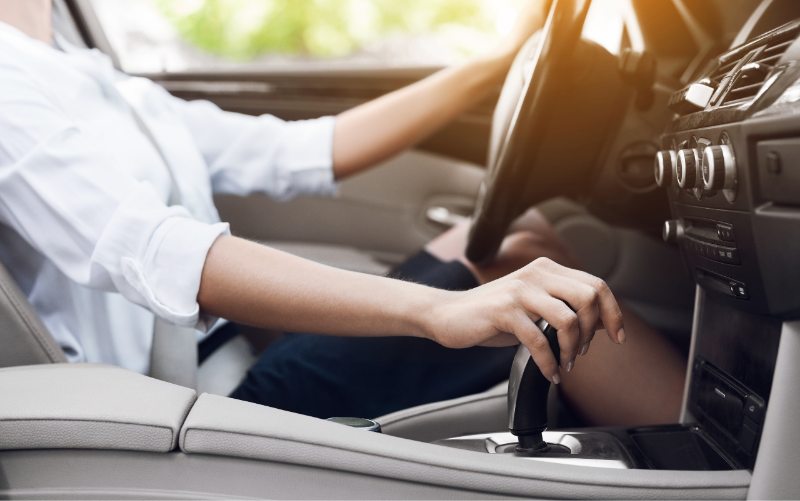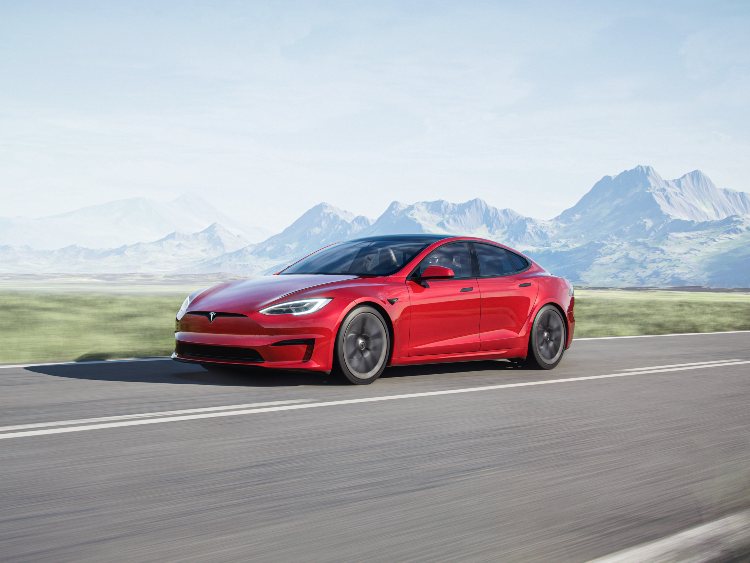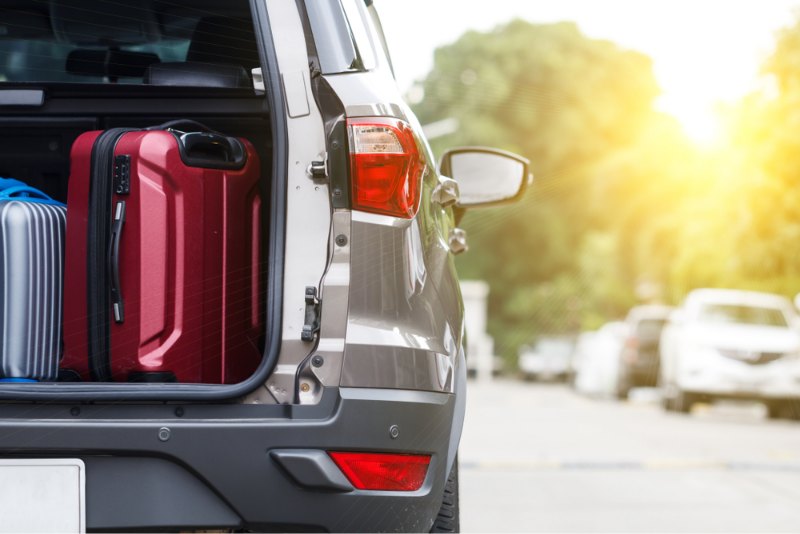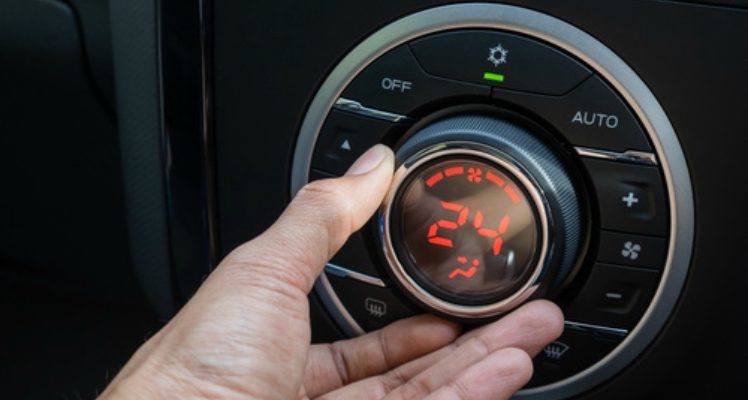Driving is an essential part of our daily lives. Whether it's commuting to work, running errands on short trips, or going on a road trip, we rely heavily on our vehicles. However, with rising fuel prices and environmental concerns, it’s only natural that people are concerned about how much they’ll be spending on driving their cars in the coming weeks and months.
Which car you drive plays a big part in how much money you can save on fuel, and we cover this in our guide to the most fuel efficient cars.
To help you save some money fuelling up your vehicle, we’ve put together some expert fuel saving tips and tricks on how to optimise your fuel efficiency and reduce your carbon footprint. So let's dive in and explore the best practices for saving fuel on the road.
Keep Your Vehicle Well-Maintained
Regular vehicle maintenance is key to maximising fuel efficiency. Ensure that your tyres are properly inflated, as underinflated tyres can increase fuel consumption.
Tyres are a key aspect of fuel economy and one of the easiest things you can do to make your petrol or diesel go further is to keep a keen eye on them. Be sure to check your tyre pressure against the manufacturers recommendation. If they’re underinflated, they’ll be creating extra rolling resistance and therefore drag, and that means increased fuel consumption.
It is also worth taking a look at how evenly your tyres are worn. If the wear is uneven, that suggests your tracking and balancing is out of true, which means the 4 wheels aren’t pointing exactly the way they should be as the car is rolling along – yep, that means you’re using more fuel unnecessarily.
Additionally, schedule routine oil changes, clean air filters, and check for any engine issues. By keeping your vehicle in optimal condition, you can save fuel and prolong its lifespan.
Plan And Combine Your Trips
Efficient trip planning can help you save fuel by reducing unnecessary mileage. Combine multiple errands into one trip to minimise the distance travelled. Use your satnav or online route planning tools to plan your route in advance, considering traffic patterns and peak hours. By avoiding congested areas and taking the most direct route, you can save both time and fuel.
Drive Smoothly And Calmly
Aggressive driving habits, such as rapid acceleration, hard braking, and speeding, can significantly decrease your fuel efficiency. Adapting the way you drive is perhaps one of the most impactful things you can do to make your fuel go further. Try to anticipate traffic flow, read junctions, traffic lights and roundabouts better as you’re approaching them so you can glide out in a gap instead of having to come to a complete halt, and just generally take more care in the car.
Instead of any sudden braking, practise smooth acceleration and gradual braking. Maintain a consistent speed whenever possible, as frequent speed changes can lead to increased fuel consumption. By adopting a calm and fuel efficient driving style, you can save money and promote a safer driving experience.
Use Cruise Control On Highways
Cruise control is a system built into many modern cars that enables you to fix your acceleration on one speed allowing you to remove your foot from the pedal. If you’re on lengthy stretches of road, utilising your vehicle's cruise control feature can help you maintain a steady speed, which can enhance fuel efficiency. By minimising unnecessary speed fluctuations, you can conserve fuel and enjoy a more relaxed driving experience. Do not use cruise control in heavy traffic, slippery conditions or high winds.
Reduce Excess Weight And Drag
Extra weight in your vehicle increases fuel consumption, so remove any unnecessary items from your trunk or backseat. The heavier a vehicle is, the more fuel it will use in relative terms. So if you’ve permanently got your golf clubs in the boot or roof box, for example, yet you only play every other Sunday, take the clubs out of the car until you need them – otherwise, you’re needlessly wasting fuel to lug them about. This goes for anything heavy and any unnecessary weight you might be carrying around in the car; if it's running at its lightest possible load level, you’ll get better mpg from it.
Roof racks and cargo carriers create aerodynamic drag, which can decrease fuel efficiency, so remember to remove these when not in use to minimise drag and save fuel.
Avoid Idling Whilst Parked Or Waiting
Leaving your engine running while parked or idling consumes fuel unnecessarily. If you anticipate a long wait, such as at a railway crossing or drive-thru, consider turning off your engine. Restarting your vehicle uses less fuel than idling for an extended period.
Optimise Your Air Conditioning
If you’re in an electric car and you turn on the climate control, you’ll notice the vehicle’s overall range suddenly drops by quite a few miles in the instrument display. Well, the same is true to an extent of petrol and diesel cars. This is because, in internal-combustion vehicles, anything which places an electrical drain on the car’s alternator will increase its fuel consumption – so don’t have the air con needlessly functioning if you’re comfortable in the cabin and you don’t need it.
Use Higher Gears at Lower Speeds
When driving at lower speeds, shift to higher gears sooner. Driving at the highest gear possible allows your engine to operate at a lower RPM (revolutions per minute) which reduces fuel consumption. To avoid putting any straun in your engine, make sure that you’re within the recommended speed range for each gear - if it starts to feel like a struggle, drop down.
Let Gravity Do The Work
When going downhill, resist the urge to accelerate, and let gravity do the work to maintain a steady speed or use gentle braking. This technique minimises fuel consumption and also reduces wear on your brakes.
Fuel Saving FAQs
Can using premium fuel improve fuel efficiency?
Using premium fuel does not necessarily enhance fuel efficiency unless your vehicle specifically requires it. Most vehicles are designed to run efficiently on regular unleaded fuel. Using a higher octane fuel than recommended can result in unnecessary expenses without any tangible benefits.
Does reducing vehicle weight always save fuel?
Reducing excess weight in your vehicle can save fuel, especially during city driving or stop-and-go traffic. However, the impact of weight reduction on fuel efficiency is more noticeable in smaller vehicles compared to larger ones with more power.
Is it true that manual transmissions are more fuel-efficient than automatic transmissions?
While it's commonly believed that manual transmissions are more fuel-efficient, modern automatic transmissions have made significant advancements. Many automatic transmissions now have advanced features that optimise fuel efficiency, making them comparable to their manual counterparts. Check out our picks of the best automatic cars you can drive in 2023.
Use all of the tips above and we can guarantee you that you’ll start to see your fuel going further to each tank of petrol or diesel you put into it. If you're looking to save money on more than just fuel, take a look at our car leasing special offers and electric car leasing offers.

